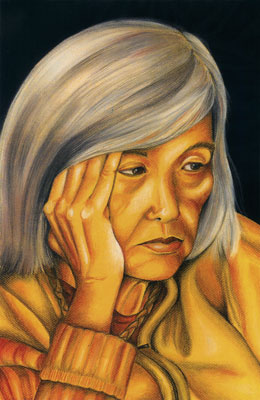All Nonfiction
- Bullying
- Books
- Academic
- Author Interviews
- Celebrity interviews
- College Articles
- College Essays
- Educator of the Year
- Heroes
- Interviews
- Memoir
- Personal Experience
- Sports
- Travel & Culture
All Opinions
- Bullying
- Current Events / Politics
- Discrimination
- Drugs / Alcohol / Smoking
- Entertainment / Celebrities
- Environment
- Love / Relationships
- Movies / Music / TV
- Pop Culture / Trends
- School / College
- Social Issues / Civics
- Spirituality / Religion
- Sports / Hobbies
All Hot Topics
- Bullying
- Community Service
- Environment
- Health
- Letters to the Editor
- Pride & Prejudice
- What Matters
- Back
Summer Guide
- Program Links
- Program Reviews
- Back
College Guide
- College Links
- College Reviews
- College Essays
- College Articles
- Back
Social Gospel
The series of events of the late 19th century shook the political and cultural confidence of US society by raising the need for awareness of depraved working class conditions and depression toward gospels and elections vying for reform, of social and financial demographics. Bankruptcy for railroads signaled the financial collapse of the nation’s entire economy, sending the country into a panic and increasing the unemployment rant by 25%. In response to the effects of the depression, wage cuts (combined with rigid prices for food and rent), and current unsanitary working conditions, more workers were creating riots, such as the one in 1892 against Carnegie, and 1894 against Pullman, all of which enforced a greater worker alliance and emergent impatience for government apathy for unemployment. The “Social Gospel” as it was called, was a reform group created opposition to “an economy could allow so many to toil long hours under unhealthy conditions and for subsistence wages”- Out of Many, 3rd edition. The founders of the “Social Gospel” were fundamentally Christian idealists who imagined a society that worked to decrease social inequalities according to religious principles; a popular motto of this movement was “What Would Jesus Do?” This religious social-reform movement focused on applying Christian gospel to improve the capitalist, industrialized industry, and focused on reforms like factory regulation and child labor abolishment. Beneath the religious natter, lied the principle idea of political and economic unrest, to which the common citizen would no longer remain passive government indifference. In the upcoming election of 1896, candidates used the social gospel as campaign leverage for populist support, Democrat William Jennings Bryan basing his popularity on Free Silver and “not crucified upon a cross of gold” and Republican McKinley for tariffs and Gold Standard Act. The candidates use of money and religion in the election played on the religious working’s class attention of America’s economic state and rising shifts between rich and poor.

Similar Articles
JOIN THE DISCUSSION
This article has 0 comments.
